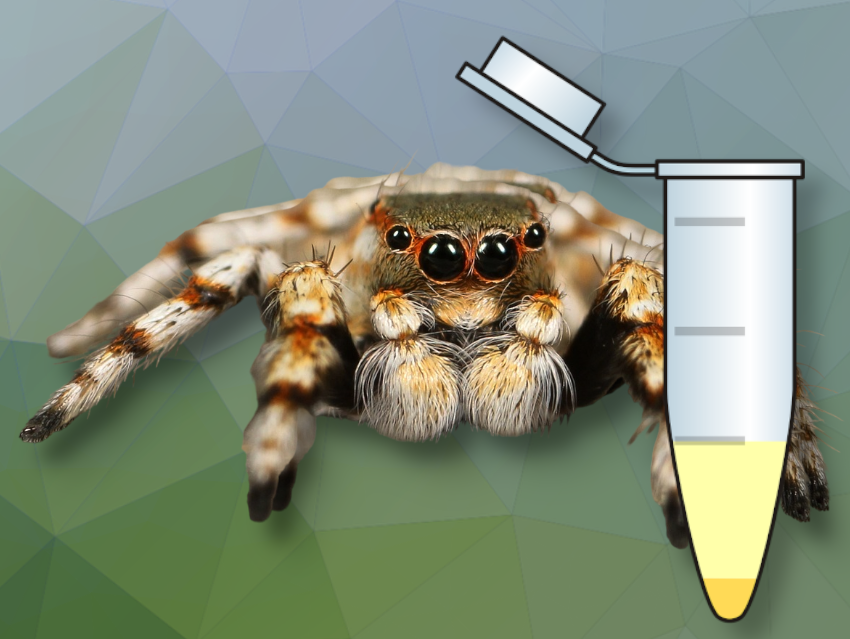Spiders produce venom with a complex mix of molecules mainly used for hunting and defense. While research focuses mostly on their neurotoxins, studying venom enzymes can offer valuable insights and potential uses in industries like biotechnology or agriculture.
Josephine Dresler, Tim Lüddecke, and colleagues, Fraunhofer Institute for Molecular Biology and Applied Ecology, Gießen, and LOEWE Centre for Translational Biodiversity Genomics, Frankfurt a. M., all Germany, have compared spider venom enzymes at protein level from the VenomZone database (a free web resource that provides information on venoms from six taxa: snakes, scorpions, spiders, cone snails, sea anemones, and insects) and all publicly available proteo-transcriptomic spider venom datasets. They classified the enzymes by their roles in venom functions such as toxicity, prey pre-digestion, and venom preservation.
Their study revealed significant discrepancies between public databases and published research, highlighting the need for better enzyme coverage. They identified 144 enzyme families across 17 spider families, showing that venom enzymes are more diverse and significant than previously thought, potentially opening new avenues for venom biodiscovery.
The researchers say their findings not only offer new approaches to understanding the evolution and function of spider venom but also open up new possibilities for its practical use. Some enzymes they identified have fat-splitting or protein-degrading properties. These could be used in products like detergents or waste management, helping to promote sustainability. However, less than 1 % of all spider species have been studied for their venom. The researchers are confident that many exciting discoveries still await in the remaining 99 % of species worldwide.
- Enlightening the toxinological dark matter of spider venom enzymes,
Josephine Dresler, Volker Herzig, Andreas Vilcinskas, Tim Lüddecke,
npj Biodivers. 2024, 3.
https://doi.org/10.1038/s44185-024-00058-2
Also of Interest

Tim Lüddecke on animal toxins in agriculture and medicine, new proteins, and the challenges of German academia

Venomous animals and their poisons




